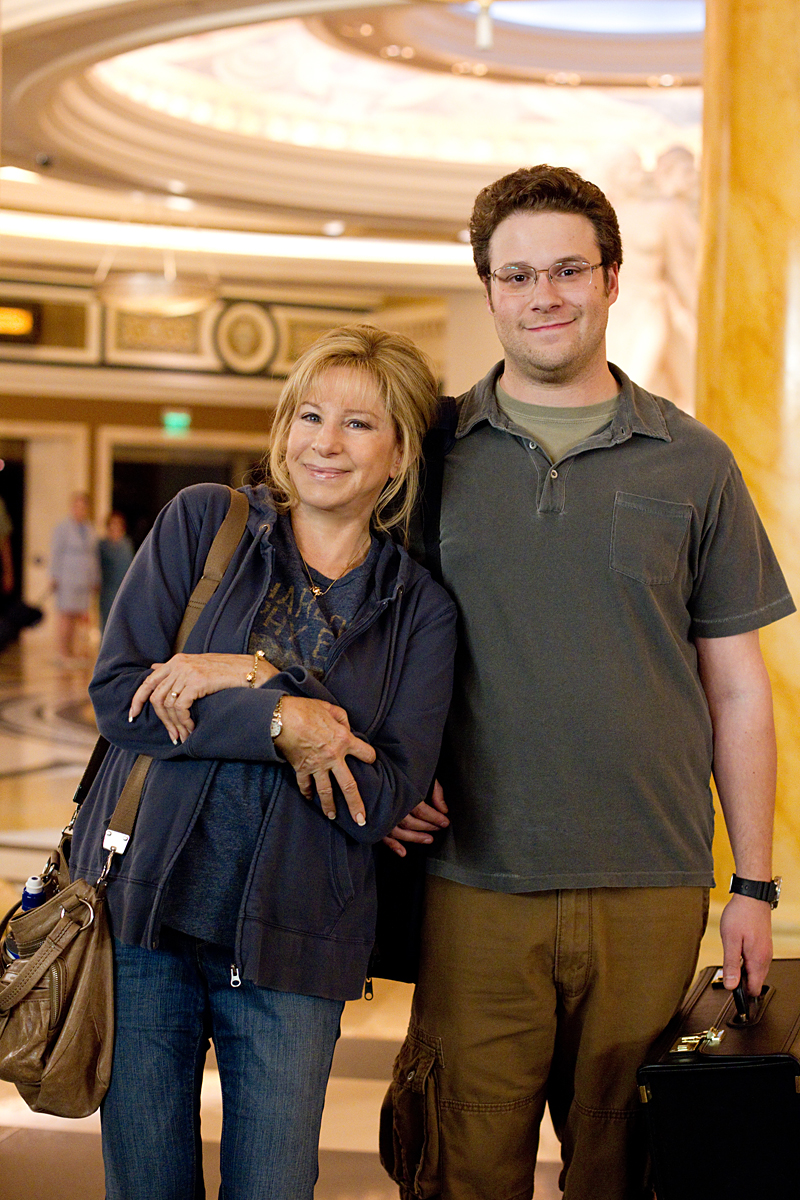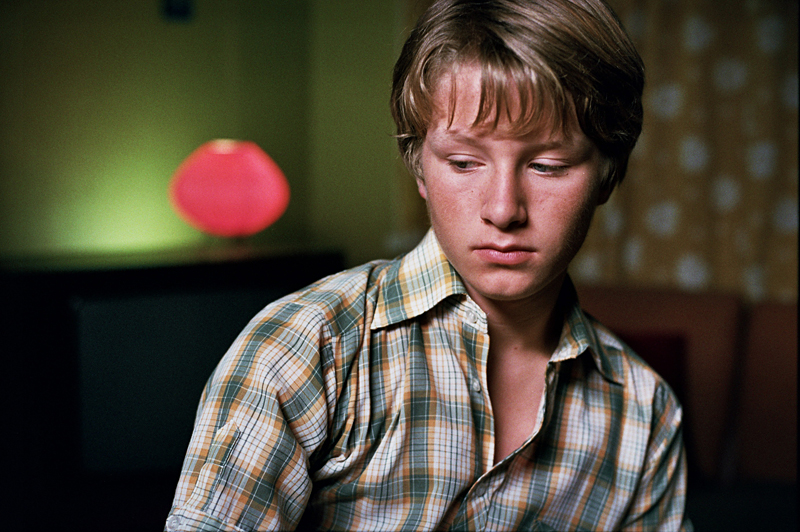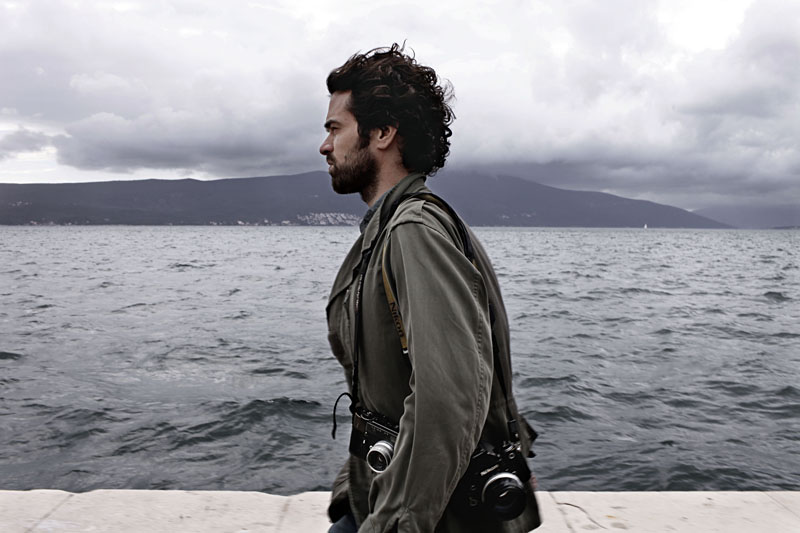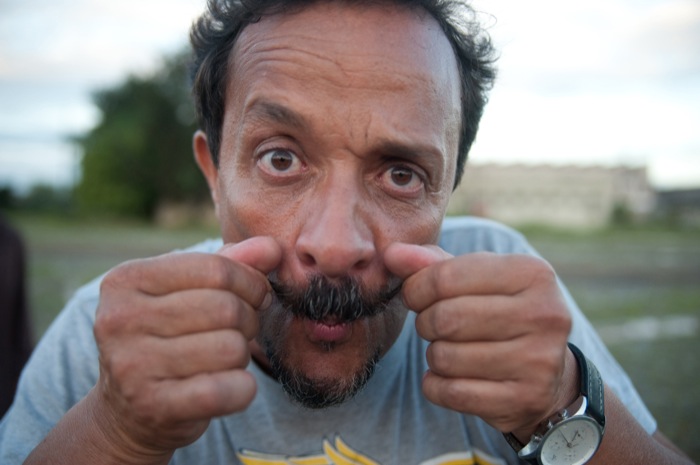Google “Danzig shopping for cat supplies,” and you’ll find links to phone-cam shots of former Misfits singer Glenn Danzig crossing a grocery-store parking lot while wearing a Danzig T-shirt and carrying Fresh Step. The shots are humbling and humanizing. In scenes perhaps inspired by those photos, retired musician Cheyenne (Sean Penn), the subject of Paolo Sorrentino’s This Must Be the Place, wanders through a Dublin grocery store in his Robert Smith hair and makeup, all in black, peering over the tops of his old-man reading glasses. A huge pop star in the ’80s, Cheyenne retired following a tragedy, and now lives quietly and enjoys a meaningful and playful marriage to Jane (Frances McDormand). Penn plays Cheyenne with childlike fragility, delivering dialogue with a tremulous, understated affect that belies his flamboyant appearance. He often disappears into the shadows in such dark spaces as dimly lit bars, gargoylish and physically closed. Penn is astonishing, creating a funny, guileless waif, infusing a faded celebrity figure with tactility and humor. Cheyenne is maybe the least likely globe-traveling Nazi hunter imaginable, but when his estranged father, a Holocaust survivor, passes away in New York, Cheyenne returns home for the funeral, and finds that his father’s diaries document a fruitless, decades-long search for a prison-camp guard. To heal that estrangement, Cheyenne follows the journal’s clues across the U.S. in a dreamlike pursuit of his father’s tormentor. Sorrentino’s languorous photography, understated humor, and quiet but profound dramatic reveals coil together into something organic, whole, and achingly sweet. CHRIS PACKHAM
This Must Be the Place: Sean Penn Hunts Nazis








